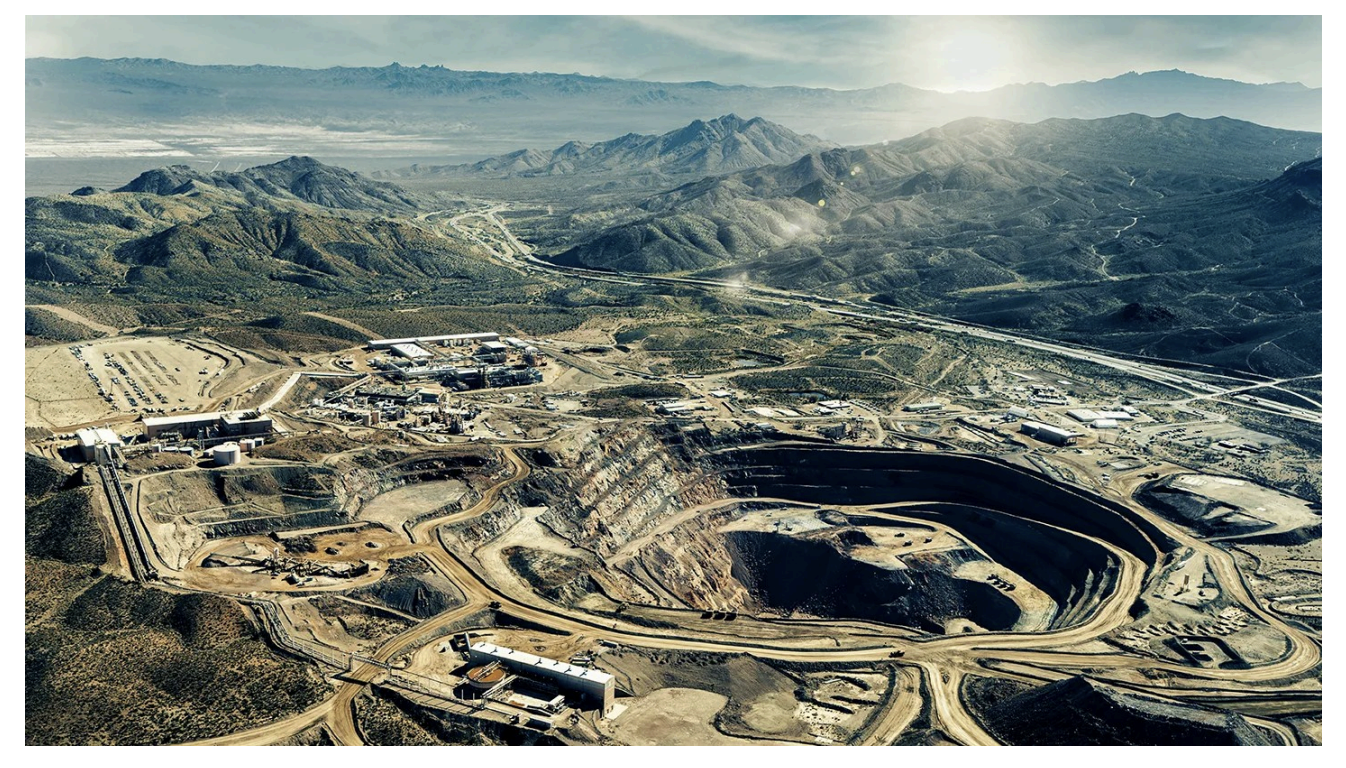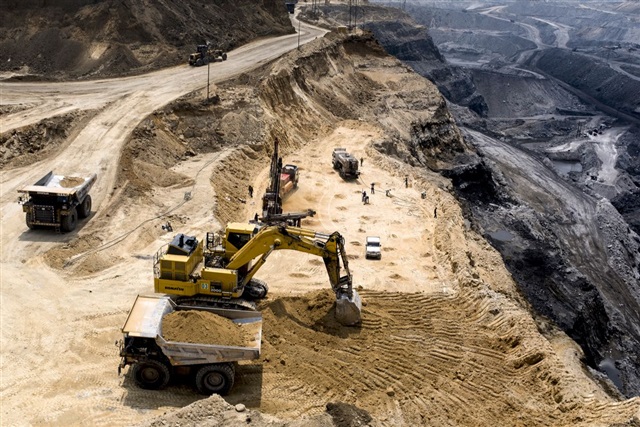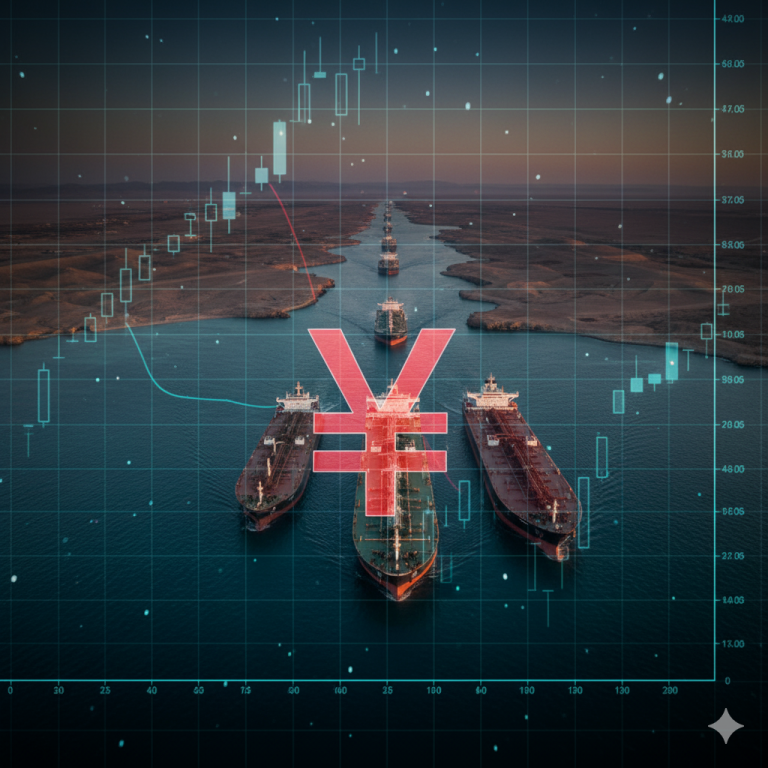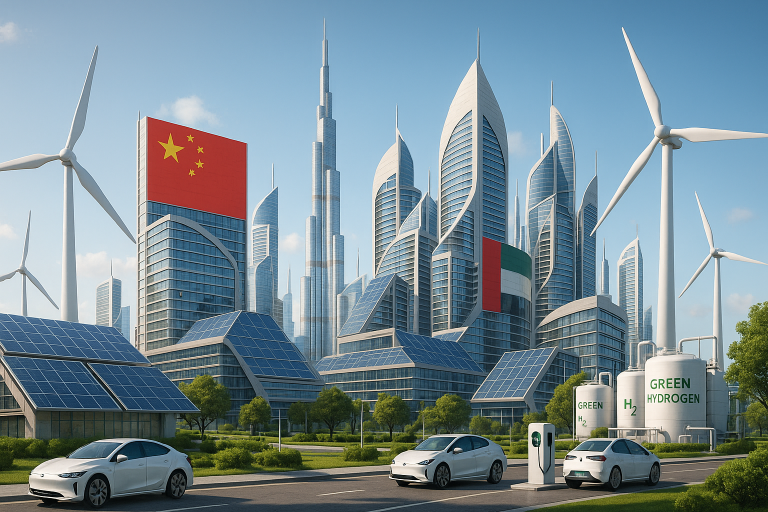China Expands Rare Earth Export Controls, Impacting Global Supply Chains
BEIJING, China – October 9, 2025 – China has significantly expanded its export controls on rare earth elements, a move that is expected to have far-reaching implications for global supply chains, particularly in the defense and semiconductor industries. The new regulations, which will take effect on November 8, 2025, add five new rare earth elements to the export control list and impose stricter requirements on foreign companies that use Chinese materials or technology.

The five newly restricted elements are holmium, erbium, thulium, europium, and ytterbium. In addition to the expanded list of controlled elements, the new regulations also place restrictions on the export of rare earth refining technology and equipment. Furthermore, foreign companies that use Chinese rare earth materials or equipment in their production processes will now be required to obtain an export license from the Chinese government. China is the world’s dominant producer of rare earths, accounting for over 90% of global processed output. These materials are essential components in a wide range of high-tech products, including electric vehicles, wind turbines, smartphones, and advanced military hardware. The expanded export controls are seen as a strategic move by Beijing to increase its leverage in global trade negotiations and protect its national security interests.
The new regulations are likely to create significant challenges for companies that rely
on a steady supply of rare earths from China. The increased scrutiny and licensing
requirements could lead to supply chain disruptions, higher costs, and a renewed push
for countries to develop alternative sources of these critical materials. The move is
also expected to accelerate the trend of “de-risking” and supply chain diversification
as companies seek to reduce their dependence on single-source suppliers.







